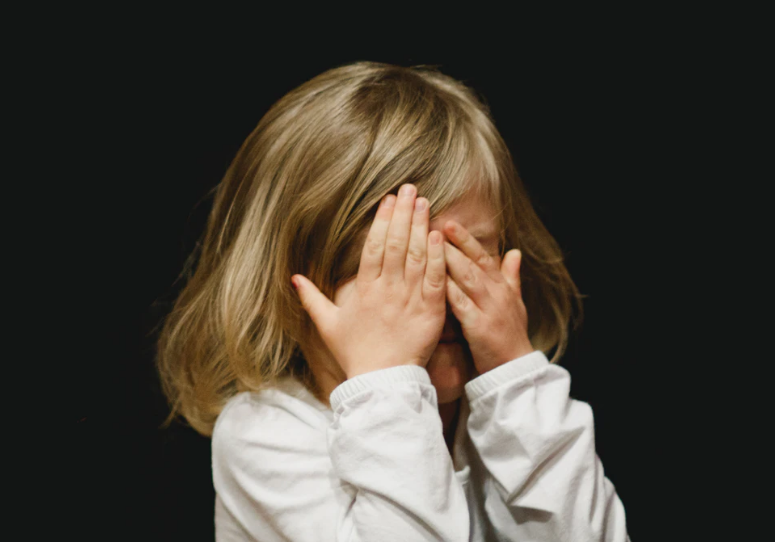Primary Times - the definitive what’s on and where to go family guide of activities and events for children of primary school age. Things to do with your kids during the school holidays including arts and craft activities, music and theatre for children, parties, competitions, days out, and family attractions along with term time drama schools, dance classes, after school clubs and sports activities. Things to do at a place near you!
Does your child have sleep anxiety?
 If your child has difficulty getting a good night’s sleep because he or she is anxious about the day’s events, nervous about being left alone at night, or owing to insomnia, sleep anxiety may be the problem. It is vital to take any sleep issues in a child seriously. As found by researchers at The Norwegian University of Science and Technology, young children with sleep disorders have a higher risk of developing symptoms of psychiatric issues when they are slightly older. Researchers stated, “Our research shows that it is important to identify children with sleep disorders, so that remedial measures can be taken.” The first step to take if your child is not sleeping well is to see your paediatrician. This will help rule out any issues that could be contributing to the problem. If your doctor determines it is sleep anxiety, you can proceed to create a strategy to tackle any problems from a multifaceted perspective.
If your child has difficulty getting a good night’s sleep because he or she is anxious about the day’s events, nervous about being left alone at night, or owing to insomnia, sleep anxiety may be the problem. It is vital to take any sleep issues in a child seriously. As found by researchers at The Norwegian University of Science and Technology, young children with sleep disorders have a higher risk of developing symptoms of psychiatric issues when they are slightly older. Researchers stated, “Our research shows that it is important to identify children with sleep disorders, so that remedial measures can be taken.” The first step to take if your child is not sleeping well is to see your paediatrician. This will help rule out any issues that could be contributing to the problem. If your doctor determines it is sleep anxiety, you can proceed to create a strategy to tackle any problems from a multifaceted perspective.
Routine is everything
Creating a strict routine to be followed every evening is key to reassuring children about bedtime. A routine helps children get to bed at the same time every night and get the rest they need to feel less stressed during the day. Because relaxation is such an objective thing, it is important to work out what activities will help relax your child in the hours leading up to bed. This might be having a warm bath, reading a book together, or even practising some night time meditation for kids. Try to limit gadget use in the evening as well; a 2019 University of London study found that children who watch TV an hour before bed are at a greater risk of not getting enough sleep than those who give TV a miss.
Bedroom design is key
Take a look at how your child’s bedroom is designed and see if anything could be causing them stress – stress could result from clutter, the presence of technology in the room, or even colour schemes. To promote a relaxing atmosphere, consider the use of colours like blue or green, avoid harsh contrasts, and ensure the room is completely dark at night time to promote a sense of sleepiness. This should not be done if your child needs a night light, of course; try to adapt design and features to your child’s needs. Finally, there should be complete silence in your child’s room at bed time.
Battling stress during the day
Even though your child shows greatest signs of distress at bedtime, their sleep worries may result from triggers that have accumulated throughout the day. Children can be encouraged to deal with stress in proven productive ways – for example, through controlled breathing, yoga, and mindfulness meditation. These techniques should be introduced when your child is calm, as they require concentration. If you are new to this type of exercise, starting with an app like Calm or Headspace can help, since these apps have a plethora of short exercises lasting just a few minutes. They are therefore suitable for beginners and children who are learning abdominal breathing and how to be ‘in the here and now.’
Cognitive Behavioural Therapy (CBT)
This therapy is considered a gold standard for sleep anxiety and other anxiety-related disorders, as it helps patients understand the important link between how they think, feel and behave. Children are encouraged to take small steps – it might involve removing a clock from the bedroom so a child does not look at the time frequently throughout the night. Children are encouraged to see how one small change can have a big effect on the way they see and feel about sleep.
If your child is anxious about going to bed, try simple changes such as establishing a stricter routine, reading, and practising exercises like progressive muscle relaxation with them at night. If the issue persists, see your paediatrician to rule out issues like apnoea and generalised anxiety disorder. Together, you and your paediatrician can come up with a strategy to make sleep more appealing. This may include CBT or practising mindfulness meditation at bedtime.



